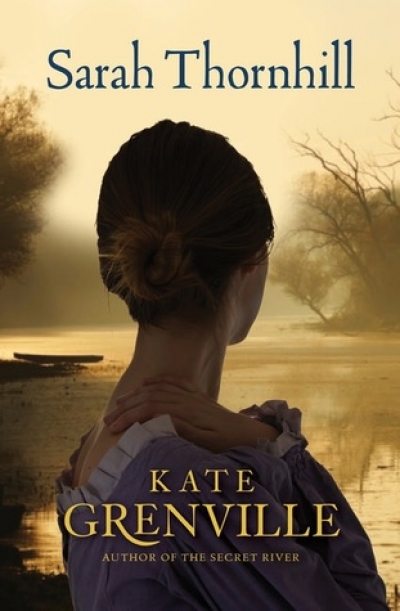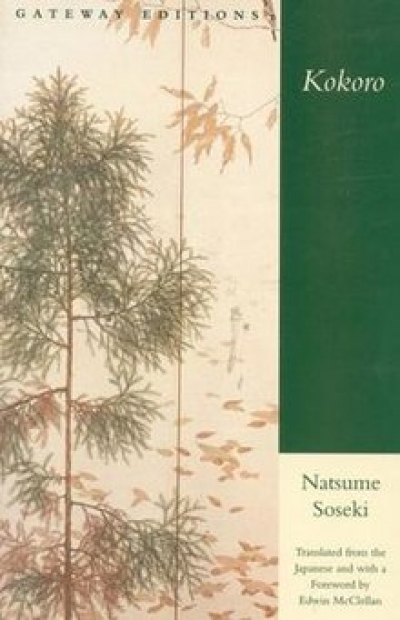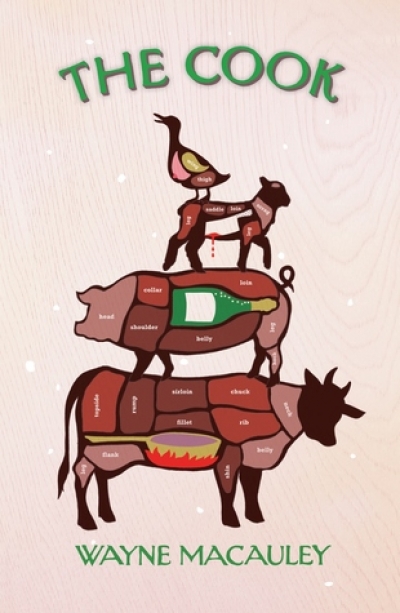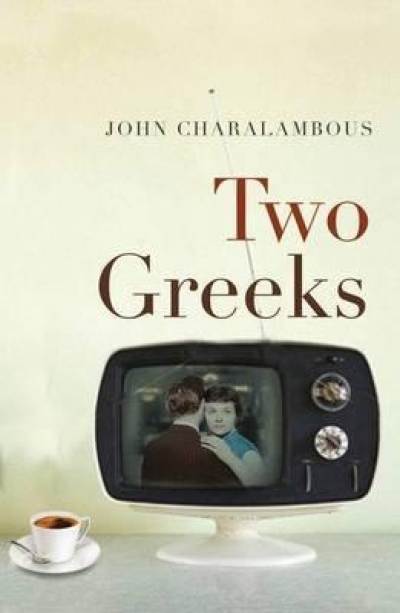Fiction
Christina Stead is an author perennially ripe for rediscovery. Her acknowledged masterpiece, The Man Who Loved Children, came out originally in 1940; in 2005, it figured in Time’s list of the 100 best novels published since 1923. But in his introduction to the Miegunyah Modern Library edition of the novel, American novelist Jonathan Franzen cites ...













